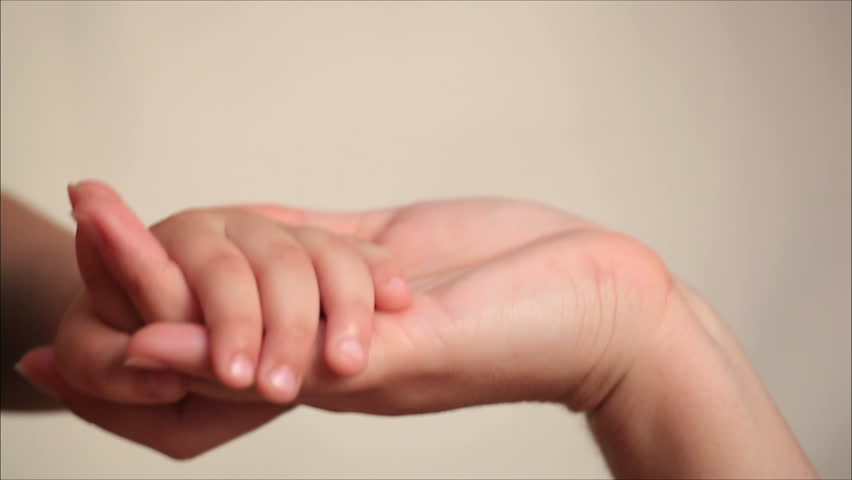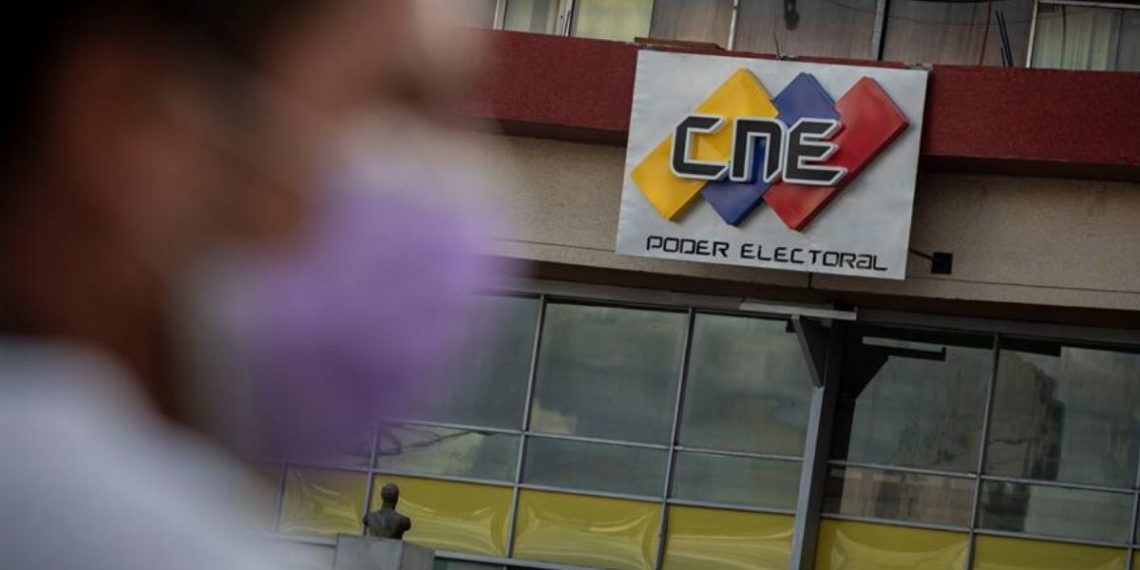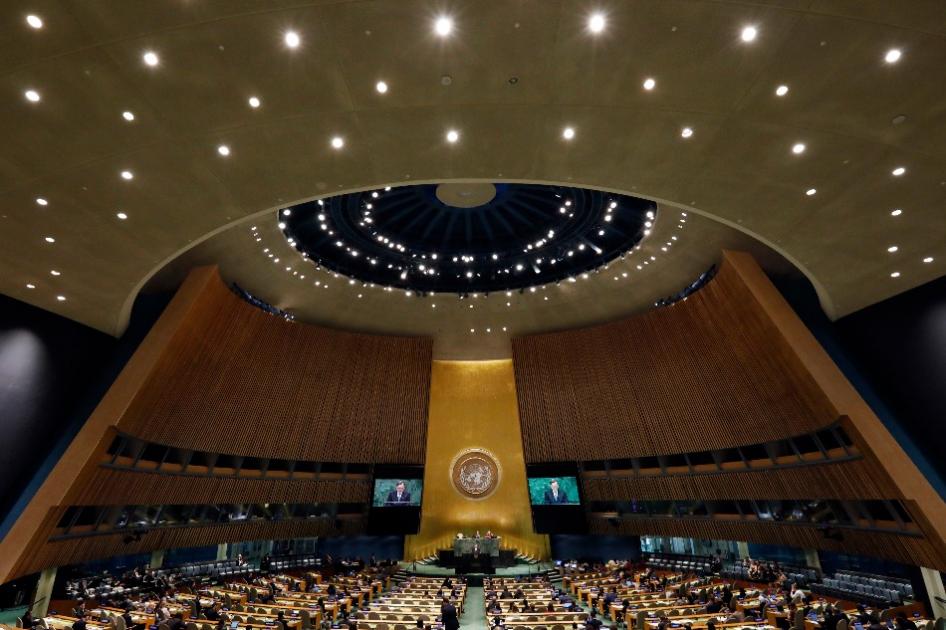The thirst for power and control of the Nicolás Maduro Government seems to be insatiable. After regaining a majority in the National Assembly, which means that it now has all the public power of the State under its fist, now the National Executive branch seems to have set its eyes on organized civil society, and even on ordinary citizens. This was denounced by Accesso a la Justicia during an online public hearing granted by the Inter-American Commission on Human Rights (IACHR) on March 25 to a group of Venezuelan non-governmental organizations (NGOs) to analyze the criminalization of human rights defenders during the COVID-19 pandemic.
“The rope that the Maduro Government put around the neck of organized civil society a long time ago is tightening more and more (…) But also the rope around the necks of citizens and civil society in general,” warned Laura Louza, director at Acceso a la Justicia, who explained to the commissioners the risks posed by government initiatives such as the Organic Law on Communal Cities, which the government-controlled Parliament already approved in the first discussion.
Laura Louza stated that:
«With this model of communal State, the participation of citizens in public affairs is“ functionalized ”, that is, their autonomy of action is suppressed and they become subordinated to political, economic, and social objectives determined by the central Executive Power and according to a single ideology. Also, citizens must now “self-provide” public services through community organizations with State funds and in the manner indicated and allow by the State”
She further added:
“Under the communal socialist state, there is no limit to power since both the role of the citizen as a subject of rights and that of the state to serve the citizen are blurred. It becomes evident that the strong centralism and militarism imposed by the Maduro government in the country is being reinforced while individual freedom is disappearing, as well as the principles of democratic sovereignty, the rule of law, checks and balances, and the responsibility of the State and its obligations with human rights. The humanitarian emergency afflicting the country would worsen with the implementation of such a model”.
The Law on Communal Cities establishes that groups of citizens organized in communal councils may assume the management of part of the territory, and although they are promised funding, the transfer of competencies from the Republic, states, and municipalities and they are given autonomy to make their decisions, the truth is that at least the last offer is completely false because communal councils are subject to the approval of the national government, who validates them or not following the provisions of the Organic Law on Communal Councils.
After reminding the commissioners that the so-called communal state and the People’s Power are figures that are not provided for in the 1999 Constitution and were also openly rejected by citizens in the 2007 referendum on a Constitutional reform, Louza pointed out another reason that makes one suspect that the sole purpose of the initiative is to further control Venezuelan civil society: The text establishes that all communal organizations must follow the goal of achieving a “socialist society”, thereby violating the constitutional principles of freedom of association, expression, and political pluralism.
A move against NGOs
The new campaign against human rights and humanitarian organizations working in the country was also addressed in the hearing before the IACHR. In this regard, Feliciano Reyna, representative of Civilis and Acción Solidaria, stated:
“Venezuelan society faces a serious moment of institutional breakdown and the collapse of the constitutional and democratic State. The communities, sectors, and organizations that demand their rights and understand the need to transcend the political conflict to achieve changes, are under threat”.
After denouncing the impediment to register new organizations or documents before notaries, the stigmatization campaigns, the raids such as the one suffered by Convite last December, or the recent arrest of the Azul Positivo activists, Reyna explained to the IACHR the perils of the draft Law on International Cooperation, which the National Assembly plans to approve this year.
“This law, contrary to international standards on the rights of freedom of association and expression, would further undermine the population’s rights to protection and would allow the loss, diversion, and discriminatory use of extremely scarce resources to respond to the massive scale of the humanitarian emergency.”
The instrument, presented for the first time in 2006 and then in 2010, creates a fund to collect all the resources that civil society organizations receive from abroad for their projects and programs, and gives the Government the power to decide on their use. This text is similar to the one approved in Russia under the first government of Vladimir Putin.
This initiative has cast doubts on the Maduro Government in instances such as the Universal Periodic Review conducted by the United Nations Human Rights Council. Likewise, it has been rejected by activists and jurists, considering that it violates article 13 of the 1998 UN Declaration of Human Rights Defenders, which reads that “everyone has the right, individually and in association with others, to solicit, receive and utilize resources for the express purpose of promoting and protecting human rights and fundamental freedoms through peaceful means.”
The excuse of COVID-19
Civil society organizations also denounced to the IACHR that the coronavirus pandemic has been used by the Venezuelan authorities to strengthen their control over citizens by repressing any type of dissent. Thus, the Venezuelan Program for Education-Action in Human Rights (Provea) reported that 258 people were arbitrarily detained between March and December 2020 for allegedly violating the restrictions provided in the State of Alarm decree.
“The application of the quarantine decree is being carried out in a discretionary manner and without respecting the most vulnerable sectors,” said Marino Alvarado, who added:
“The enforcement includes arbitrary detentions, the imposition of physical exercise on public roads and forced labor for failing to comply with health recommendations, and the use of public media and State-affiliated accounts on social media to promote hatred against social and political actors.”
Alvarado also denounced that 29 trade union leaders had been detained in Caracas alone and that six people had lost their lives during protests over public services since the state of alarm was imposed.
How does it affect Venezuelans?
After taking control of all the organs of the State, the Armed Forces, the media, and a good part of the country’s economy, civil society is one of the few spaces independent from the Venezuelan Government. Nicolás Maduro’s administration seems determined to silence, co-opt or simply shut down civil organizations unfavorable to the Government, and even go further and transform ordinary citizens into subordinates.
During the hearing, the representative of the Center for Justice and Peace (Cepaz), Beatriz Borges, explained that:
“The role of civil society organizations has been fundamental for international human rights protection agencies, in terms of documentation, denunciation, and incidence in the face of serious human rights violations that occur in Venezuela.”
Translated by José Rafael Medina




